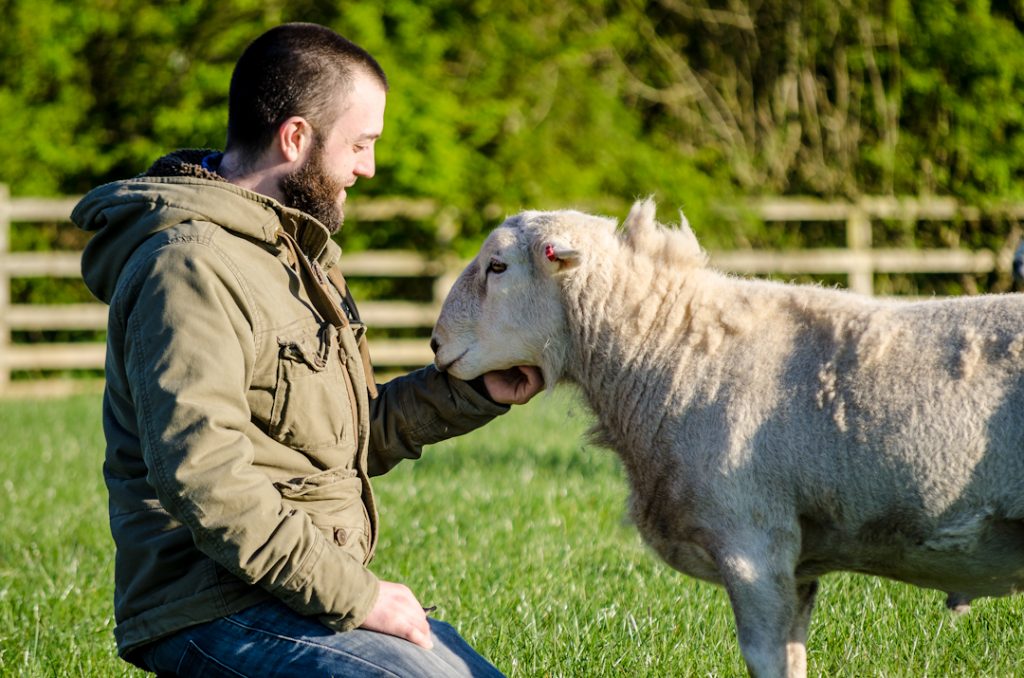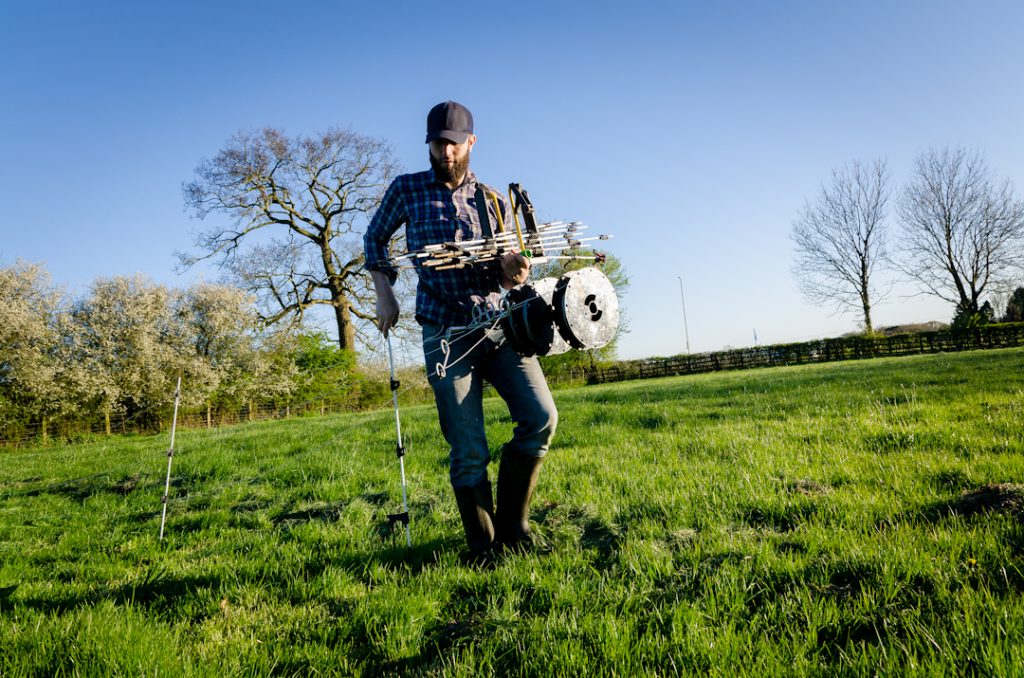Halal and Tayyib

The essence of Halal in the context of farming and animal rights, is to provide animals with the highest standards of welfare and to minimise their distress in any way. Halal means simply ‘lawful’ and contrary to popular perception, encompasses not just the way an animal dies, but also its entire life. Demanding rearing with care and giving an animal the best quality of life possible.
In conflict with this is societies continuing demand for cheaper meat, which has resulted in ever decreasing condition’s for animals welfare, regardless of whether that animal is intended for halal or non halal markets.
Issues around Halal slaughter have been the focus of much discussion recently within the UK, yet few raise concerns over the poor treatment of animals before they even enter the abattoir.
Whilst factory farming techniques and mechanical slaughter persist on a mass scale, should the last 3 seconds of an animals life be the sole focus of vets and animal welfare groups?
Certainly that is up for every person to decide, yet we feel at least that the Halal industry focuses too much on how an animal dies then on how it lives.
The concept of Tayyib, meaning what is wholesome and pure, is equally as important as Halal, however many Halal meat producers fall into the pitfalls of the mass food industry, concentrating on cheapness and expediency rather then sustainable production and kindness to animals.



